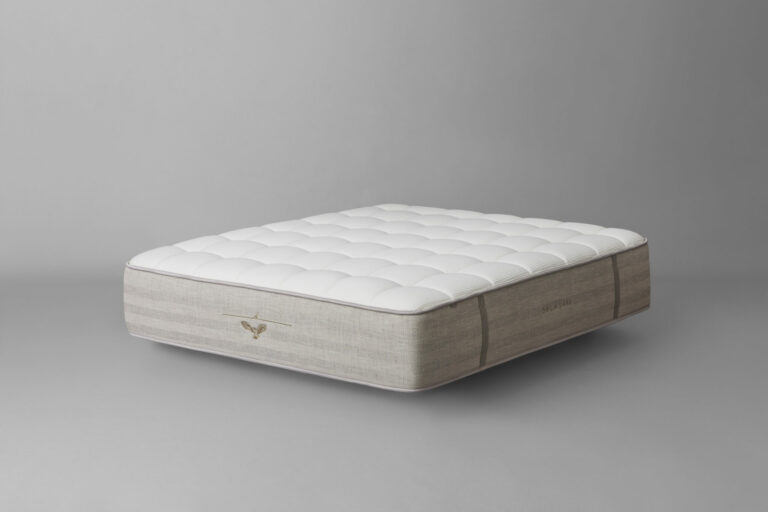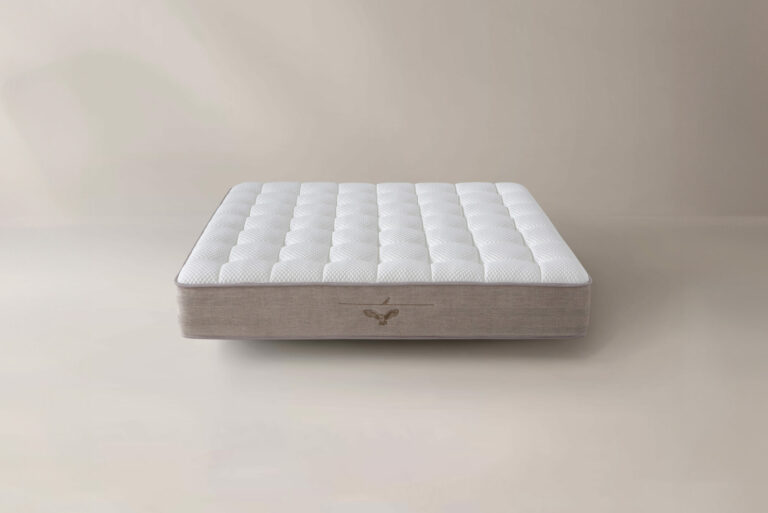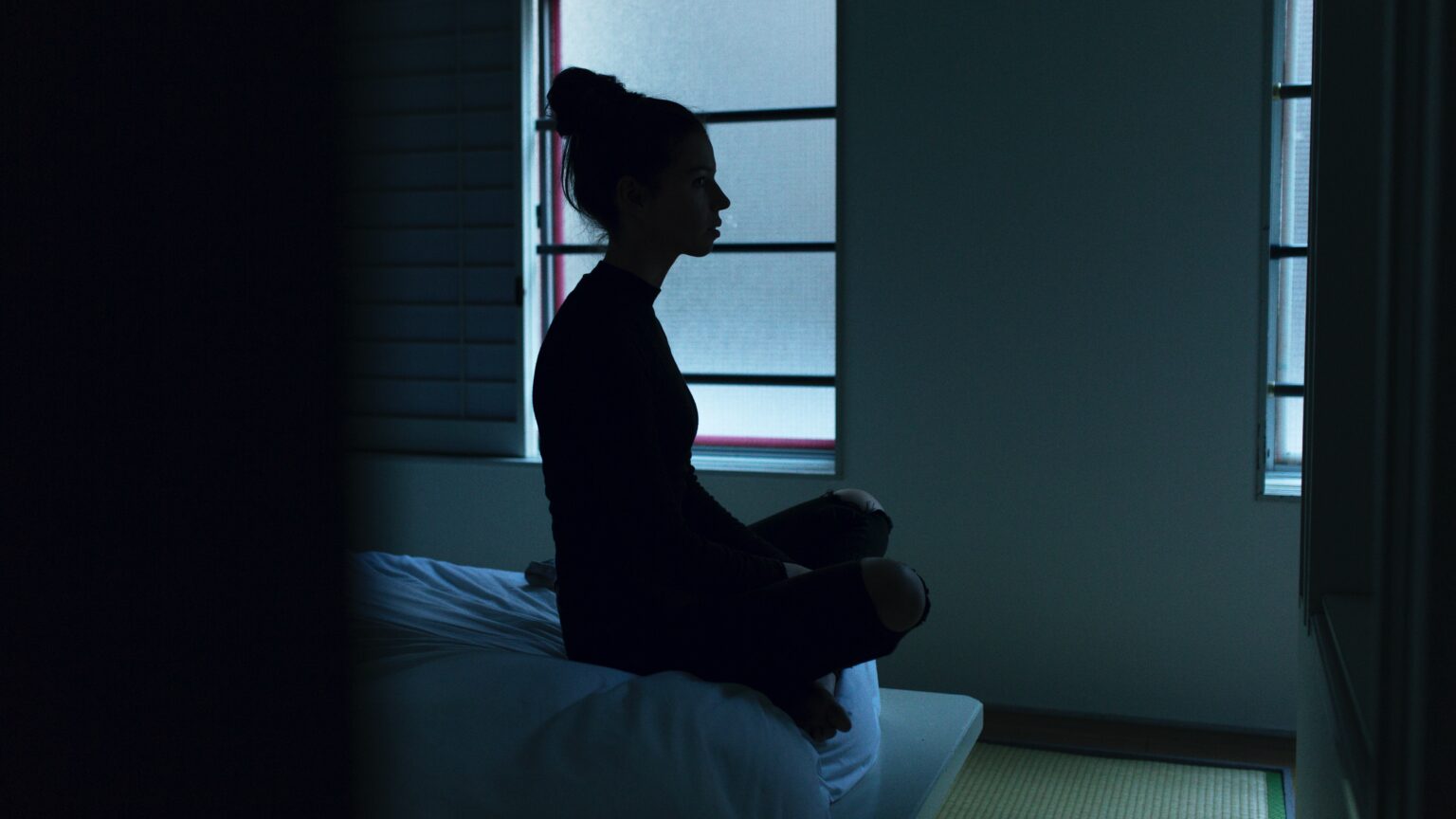We miss a good night’s sleep for lots of great reasons, like meeting up with friends, waking up early to go to the gym, or catching a dawn flight to an exotic holiday destination.
But there are a few not-so-great reasons we’re all guilty of too, say putting in extra hours for work or fitting in “just one more” episode of a binge-able TV boxset.
The occasional late night is inevitable. But if you’re living under the assumption that one long lie-in at the weekend will make up for a week spent burning the candle at both ends, you’re (unfortunately) mistaken.
Because you can’t really catch up on lost sleep. And here’s why…
What happens when we cut back on sleep?
Most adults need between 7 and 9 hours of sleep per night. Get less than the recommended shuteye and you’re likely to experience some of these short-term side-effects the following day:
- Foggy memory
- A drop in concentration, creativity and problem-solving ability
- Poor balance and coordination (you may be more clumsy than usual)
- A grumpy, irritable mood
- Increased appetite and a craving for junk food.
Long-term sleep deprivation is even more problematic, risking mental health problems like depression and amplification of anxious feelings. It can also cause physical problems like weight gain, high blood pressure, low immunity and even diabetes.
Getting 8 hours of sleep every night is better than 56 hours of sleep over the week
Getting enough sleep is clearly important. But why can’t you just repay a sleep debt at the weekend?
Call it a myth or an old wives’ tale, but you can’t actually catch up on lost sleep.
It’s like exercise. If you missed a session…well, you missed a session. Going extra hard the next time you hit the gym offers far fewer benefits than just sticking to your routine.
That’s because sleep involves a number of different stages — each of which offer different benefits for physical and mental health.
What you need to know about NREM sleep
NREM stands for non-REM sleep — this is the deepest sleep you experience during the night. Your body cycles through three stages of NREM sleep in the course of a night and it’s the third and final one, finishing right before you wake. It’s also the deepest sleep you experience all night.
Sleep scientists believe that this final stage is critically important for our health. The body is in repair mode during this stage of the sleep cycle — regrowing tissue and strengthening the immune system. There’s also evidence that deep sleep supports insightful thinking, creativity and memory.
After the initial three phases, we spend less and less time in deep NREM the longer we sleep. And that’s why a long lie-in can’t provide the same health benefits as regularly getting 7 to 9 hours.
The answer? Commit to healthy routines and sleep rhythms
There’s no shortcut to good sleep hygiene, as much as we’d like there to be. You have to commit to getting the right amount of sleep — and establishing a good circadian rhythm — most nights.
That might mean organising social occasions for earlier in the evening, turning off smartphone notifications, or exercising iron willpower when it comes to Netflix.
You may have to sacrifice a few late nights, but you’ll spend your days feeling healthier, happier and more productive. And who could complain about that?
Want more tips for creating a healthy sleep routine? Take a look at another of our Art of Sleep articles for some inspired ideas.
***










